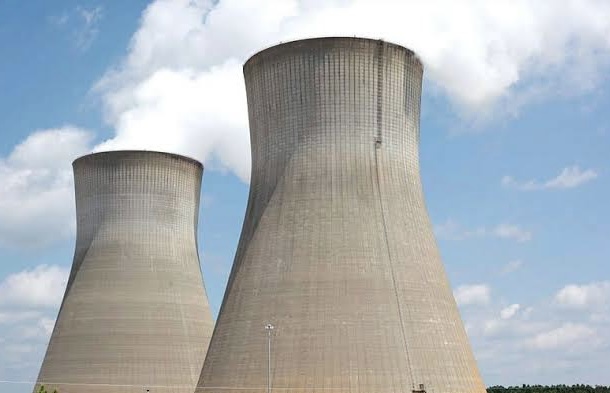KEY POINTS
- Investec has applied for a licence to trade electricity from a 50MW Free State solar project.
- The move is part of a growing shift away from Eskom amid surging private-sector generation.
- South Africa registered 469 new private power projects in 2024, adding 4,000MW of capacity.
By requesting a license to purchase and sell electricity directly from a sizable solar project in the Free State, the South African banking group Investec is taking a bold step to lessen its reliance on the state utility Eskom.
In May, the lender applied to the National Energy Regulator of South Africa (Nersa) to obtain authorization to use the 50 megawatt Illikwa Solar PV Facility near Parys, a project in which it already owns 30%. If approved, the license will enable Investec to serve a larger clientele in addition to its own offices, including its headquarters in Sandton.
“Our role in the energy sector is guided by a strong commitment to innovation and sustainability,” Investec said in a statement. “The licence would complement our existing energy solutions and broaden our ability to support clients.”
A signed power purchase agreement with the plant, a connection-use agreement with Eskom for access to its transmission network, and an amendment to Investec’s current supply agreement are all included in the request. Although public hearings were held on August 8, the regulator has not yet made a decision.
Private Energy Surge as Firms Turn Away From Eskom
Early in 2026, the Illikwa plant, which is being developed by Mainstream Renewable Power, is scheduled to come online. After it is up and running, it will supply Eskom’s grid with solar-generated electricity, which can then be “wheeled” to areas of greatest demand—a technique that is becoming more and more popular in South Africa’s changing power market.
Years of rolling blackouts and policy changes that allowed for private investment are the main forces behind this change. Nersa recorded a record 469 private-sector power projects in 2024 alone, boosting the system’s capacity by more than 4,000 megawatts. The total capacity from such projects has now surpassed 11,000 megawatts.
Heavy industries, miners, and data center operators have been among the first to adopt alternatives. With the support of a 120MW utility-scale solar project and numerous rooftop solar installations, Teraco, the biggest data center operator in the country, plans to run entirely on clean energy by 2035.
Deregulation is cited by economists as a watershed moment. Kevin Lings, chief economist at Stanlib, stated, “The private sector has stepped in and built a huge amount of energy infrastructure.”



